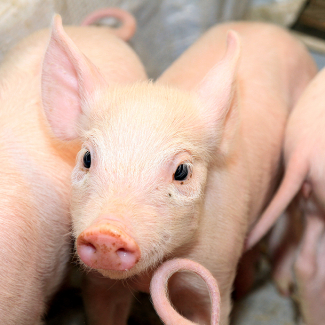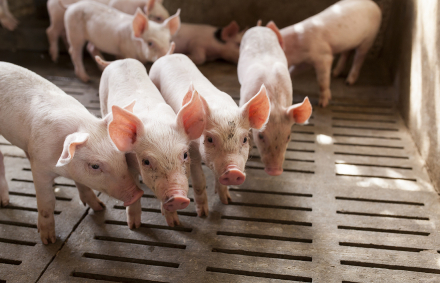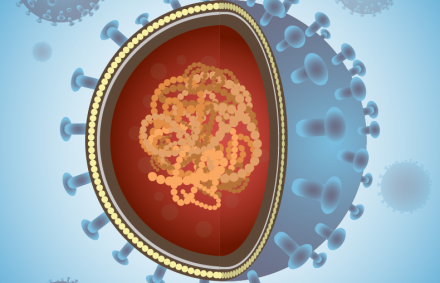
Part of the physiological and functional complexity of living things, the defensive network that is adaptive or acquired immunity allows us to respond in a specific way to an antigen, either through natural infection or the administration of a vaccine.
This type of immunity involves an army, ranging from generals to foot soldiers, and a series of weapons that help control and eliminate the enemy, which also prevent future attacks because they remember the invader by name, and quickly re-establish defences. This adaptive immunity can last from weeks to a lifetime.
We know that in order to be in this world and to survive as long as possible, the adaptive response is undoubtedly important and necessary for the development of an immunity that protects us against infectious diseases.
However, in the case of the PRRS virus, the mechanisms of this response may not do the job of protecting and therefore increasing survival, in this case, of both young piglets and their mothers.
Why does the acquired immune response to the PRRS virus?
The PRRS virus, like a good strategist, manages to evade one or more mechanisms that are essential for the organism to establish a protective and resolute defence against the invasion that is taking place. As though it has its own counter-espionage and intelligence department, this virus knows what it must sabotage, evade, disrupt and/or destroy in order to achieve its goal of invading, conquering and taking over what is in its cross-hairs.
So like a seasoned invader, this virus infects strategic cells such as macrophages, and dendritic cells, which are critical for the development of a productive adaptive immune response. These cells are responsible for capturing and presenting antigens to lymphocytes in order to initiate a specific immune response against the antigen presented. The PRRS virus is able to infect, destroy, manipulate or maintain itself within macrophages and dendritic cells, thereby modulating the immune response to achieve its own replication, survival and thereby a successful invasion.
What are the consequences of an impaired immune response against PRRS?
The PRRS virus is adept at preventing the deployment of weapons that are crucial for fighting in battle. This agent is able to induce the inhibition of interferon-alpha production, which is important for innate immunity against viral infections to initiate the protection and fight strategy.
And like all good strategists, it "knows" that its ability to strategically infect and replicate within these immune cells makes the development of a vaccine-induced immune response sometimes difficult to achieve.
And while the PRRS virus alone can invade and wreak havoc, it creates an immunosuppression that facilitates the arrival of reinforcements of all kinds that cause secondary infections, thereby worsening the disaster caused by the initial invasion.
So, the PRRS virus is no fool, as it succeeds by infecting macrophages, thereby disarming the coordinated response necessary for effective virus control and elimination.


